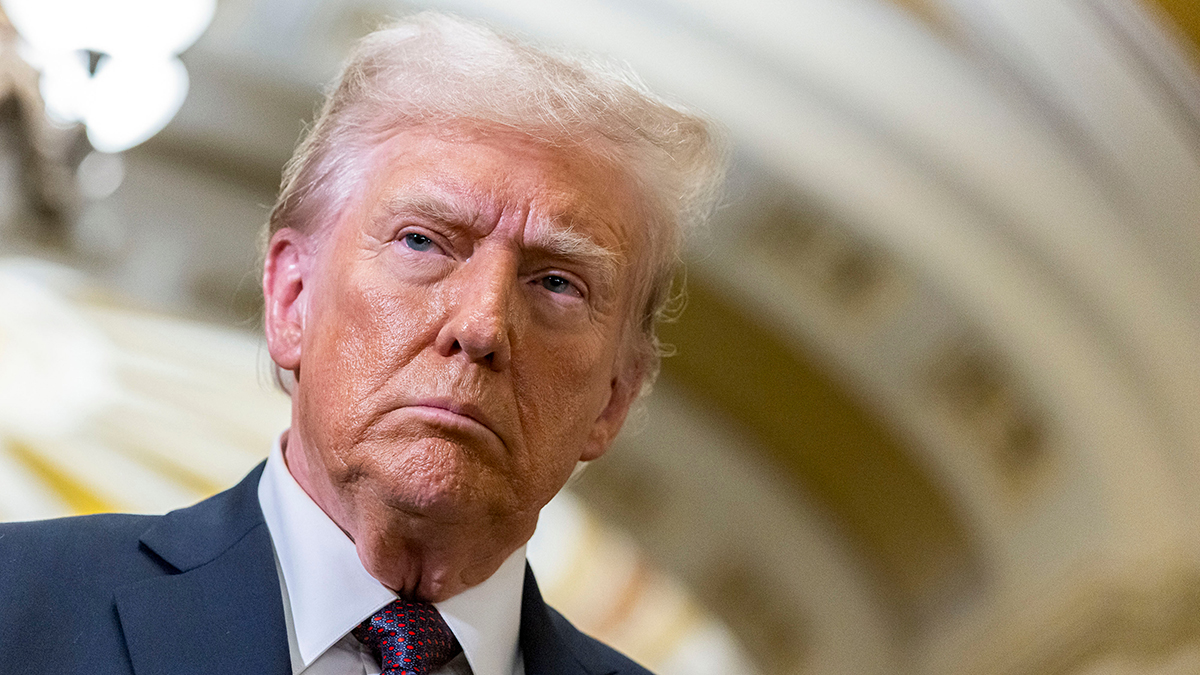(The Center Square) – The COVID-19 federal Public Health Emergency is set to end Thursday, but an important extension will preserve flexibility for telemedicine.
The Drug Enforcement Administration and the Substance Abuse and Mental Health Services Administration issued a six-month rule extension that allows doctors to prescribe some controlled medications via telemedicine and without an in-person evaluation.
The rule allows the practice to continue “under circumstances that are consistent with public health, safety, and effective controls against diversion,” according to a DEA press release. The six-month extension gives the DEA and SAMHSA extra time to review more than 38,000 public comments that were submitted.
The rule allows doctors to prescribe medication over telemedicine even without an initial in-person consultation, including schedule II-V controlled medications such as Vicodin, methadone, and buprenorphine.
Allowing those prescriptions via video or phone will “facilitate continuity of care,” “prevent backlogs,” and “address the urgent public health need for continued access to the initiation of buprenorphine as medication for opioid use disorder in the context of the continuing opioid public health crisis,” the Federal Register noted.
Without the temporary extension or a permanent rule, medication to treat opioid addiction would be restricted.
“Access to evidence-based treatment is a pillar of the HHS Overdose Prevention Strategy,” Miriam E. Delphin-Rittmon, the HHS Assistant Secretary for Mental Health and Substance Use and the leader of SAMHSA, said in a press release. “We strongly support policies that promote access to effective and safe treatment for opioid use disorder, including through telemedicine platforms, and ensuring continued access to necessary controlled medications past the COVID-PHE.”
The potential benefits for dealing with addiction were a leading motivator for extending the rule.
“SAMHSA and DEA strongly support policies that promote access to effective and safe treatment for opioid use disorder, including through telemedicine platforms, and ensuring continued access to necessary controlled medications past the COVID–PHE,” the agencies noted in the rule discussion.
In Pennsylvania, the telemedicine rule has allowed Penn Medicine to expand its services for those with opioid addictions who may otherwise not make an appointment due to transportation issues.
A 2023 study published in the Journal of Addiction Medicine reviewing telemedicine for opioid use disorder in Pennsylvania during COVID-19 found that “overall patient enrollment increased, and new patient enrollment remained relatively constant” with telemedicine used to treat opioid addiction, but more research is needed. A 2022 study also noted that access to medication to treat opioid addiction increased thanks to telemedicine expansion.
Expanding telemedicine may also lead to a lower risk of drug overdoses, as The Center Square previously reported. More than 5,300 Pennsylvanians died of an overdose in 2021.





























/cdn.vox-cdn.com/uploads/chorus_asset/file/25822586/STK169_ZUCKERBERG_MAGA_STKS491_CVIRGINIA_A.jpg)

/cdn.vox-cdn.com/uploads/chorus_asset/file/23935558/acastro_STK103__01.jpg)


/cdn.vox-cdn.com/uploads/chorus_asset/file/25826211/lorealcellbioprint.jpg)
/cdn.vox-cdn.com/uploads/chorus_asset/file/25832751/2192581677.jpg)
